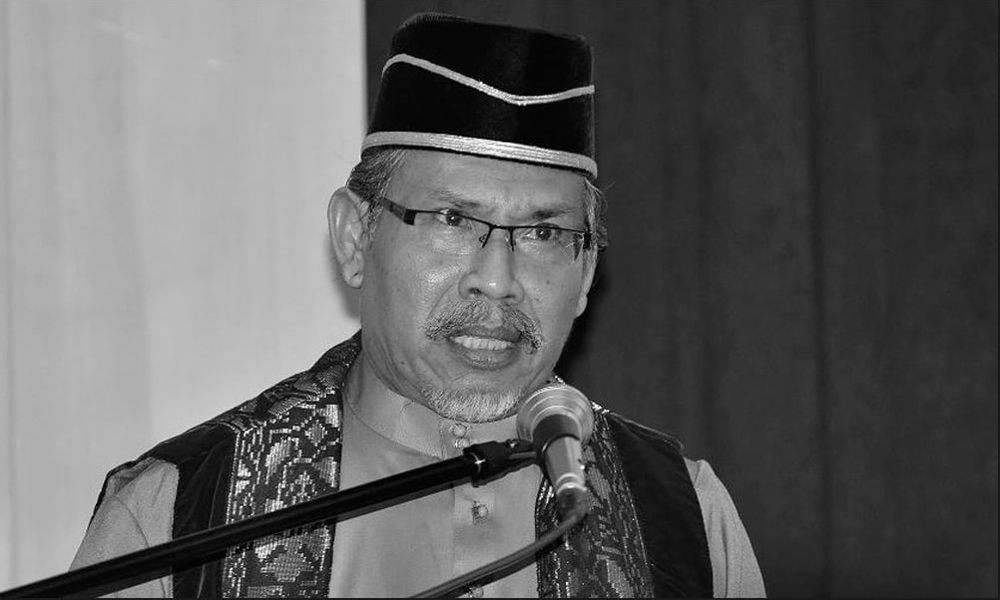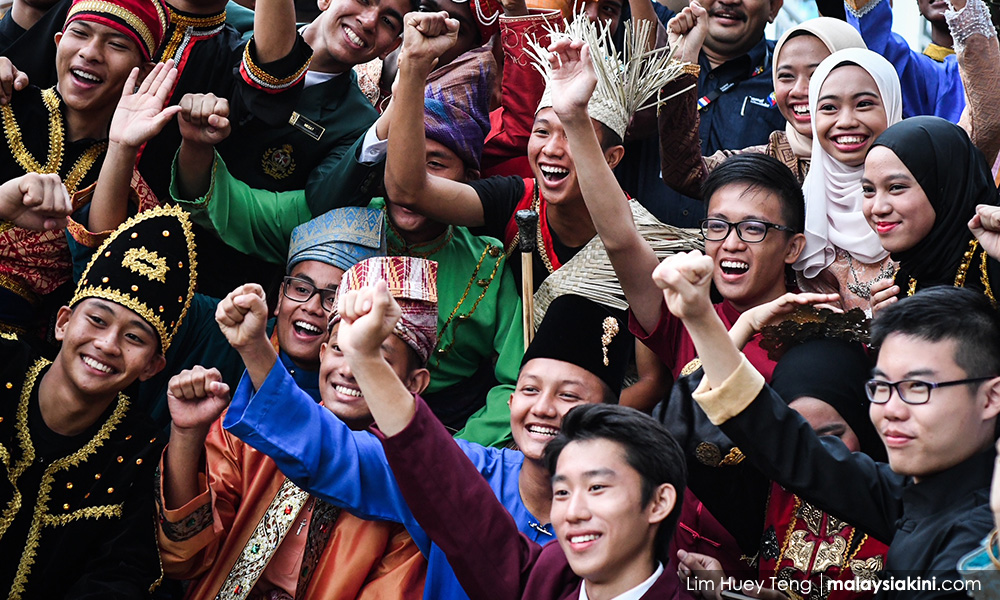I welcome PAS Youth's message about peace, harmony and respecting diversity as a way to grow and not to be divided.
Diversity also means honouring all of God's creation, especially human beings.
Dialogue between different races and faiths means a willingness to accept differences of opinion.
I would like to share excerpts from a speech that the great Islamic scholar Siddiq Fadzil, a giant in the Islamic reform movement, gave at Universiti Kebangsaan Malaysia on Oct 17, 2018, titled “Hidup Bersama dalam Kepelbagaian: Islam dan Budaya Damai” (Living Together with Differences: Islam and the Culture of Peace.)
Let Malaysians compare the clear and rational tone of this Islamic moderate with the rantings of those self-appointed “Islamic” leaders.

Diversity is beautiful
In the first quote, Siddiq defines the nature of living with differences in a society as follows: “The culture of living side by side must be premised on a positive attitude towards diversity.
“As (Islamic scholar) al-Shakyh Abdu ’Llah Bayyah said, to embrace diversity and plurality, we must be respectful and make it easy to accept diversity. Hence, there is wealth and beauty in diversity.”
Here, Siddiq expresses how it is not enough to merely tolerate differences - we must welcome them because differences afford the idea of richness and beauty.
Look at nature’s beauty, which comprises many colours, shapes, smells, forms and textures. No monotony. Being of just one race is unnatural.

Siddiq deals with the matter again in another quote: “Differences do not mean enmity but rather strength and richness in cultural diversity.
“The key to understanding the Creator’s decision to create diversity (race) is the term lita’arafu in verse 13 of Surah al-Hujurat in the Quran – which is usually translated as ‘to know one another’ but not limited to that.
“‘Ta’aruf’ also involves cooperation, bringing benefit to one another, enriching and strengthening each other, and so on.”
According to Siddiq, differences do not have to equate to enmity and animosity.
“Ta’aruf” goes beyond knowing each other to helping one another, complementing each other’s abilities, and strengthening the whole grouping.
Another beautiful quote I found is about his definition of dialogue among race, faith, and civilisations: “A healthy and productive dialogue can only be achieved when there is a readiness to accept not only other people but also those different from us.
“Accepting those who are different from us should not be a problem because it is premised on respecting and accepting diversity.”
Treat others with respect
For Siddiq, a healthy dialogue means more than the ability to accept another’s viewpoint. It also means accepting an opposing viewpoint from a member of a race or faith that is different from yours.
This should not be a problem, he said, if one has the right attitude of being happy about the differences in one’s life.
One of the most important and critical quotes about handling differences is about how one should treat the “other”.

“Among the core values that must be upheld at all times is the exalted position of human beings. Humans are dignified beings, and as such, questions about their race, religion and culture should take a back seat.
“God blessed humans with this status, and as such, no one has the right to demean another in any way. As an exalted being, we must respect each other’s dignity and freedom.”
Siddiq reminds us that humans are a magnificent and precious creation of God; thus no one has the right to degrade or insult such a beautiful creation.

We must treat each other with dignity. Embarrassing or degrading another human being is simply an anathema to Islam.
Hence, I would like Malaysians to see Islam in the words of a true Muslim individual, not by those who use religion by any means to gain power and popularity.
- Mkini
TAJUDDIN MOHD RASDI is a professor of Islamic architecture at UCSI University.
The views expressed here are those of the author/contributor and do not necessarily represent the views of MMKtT.




No comments:
Post a Comment
Note: Only a member of this blog may post a comment.